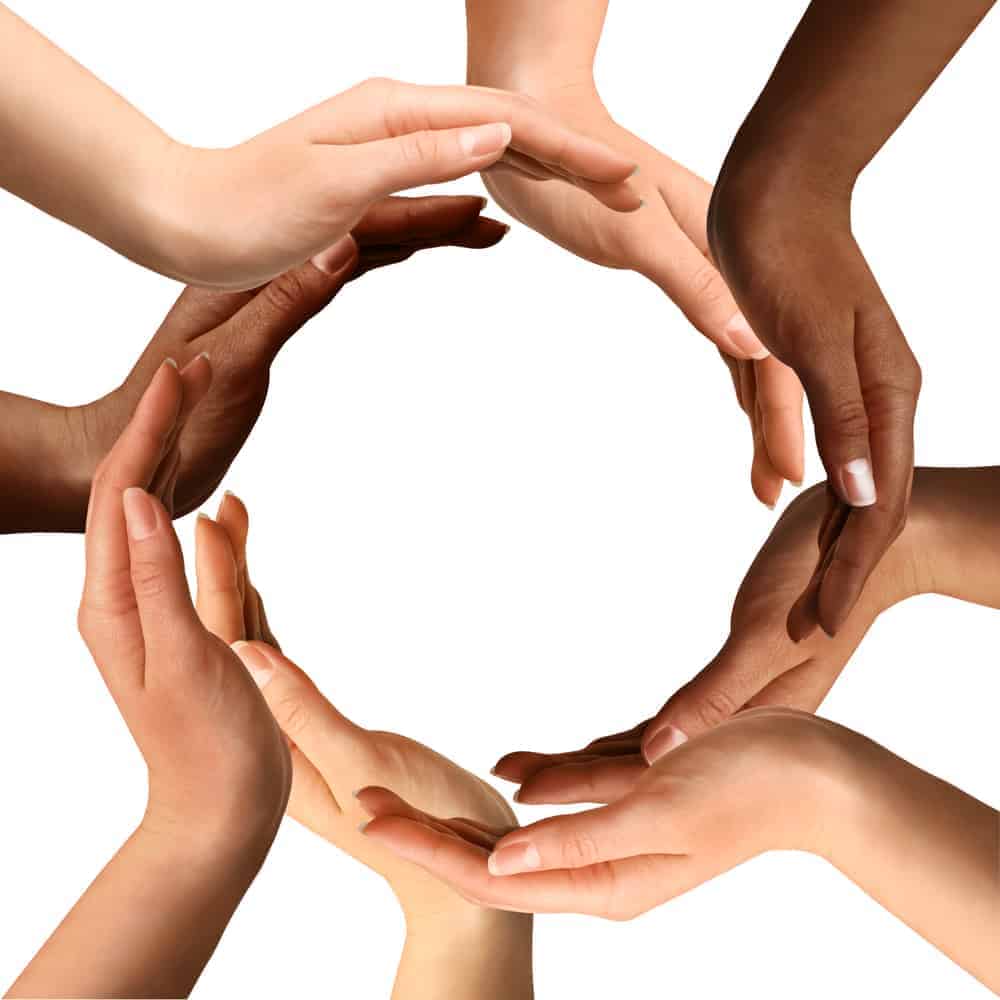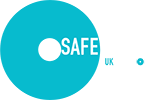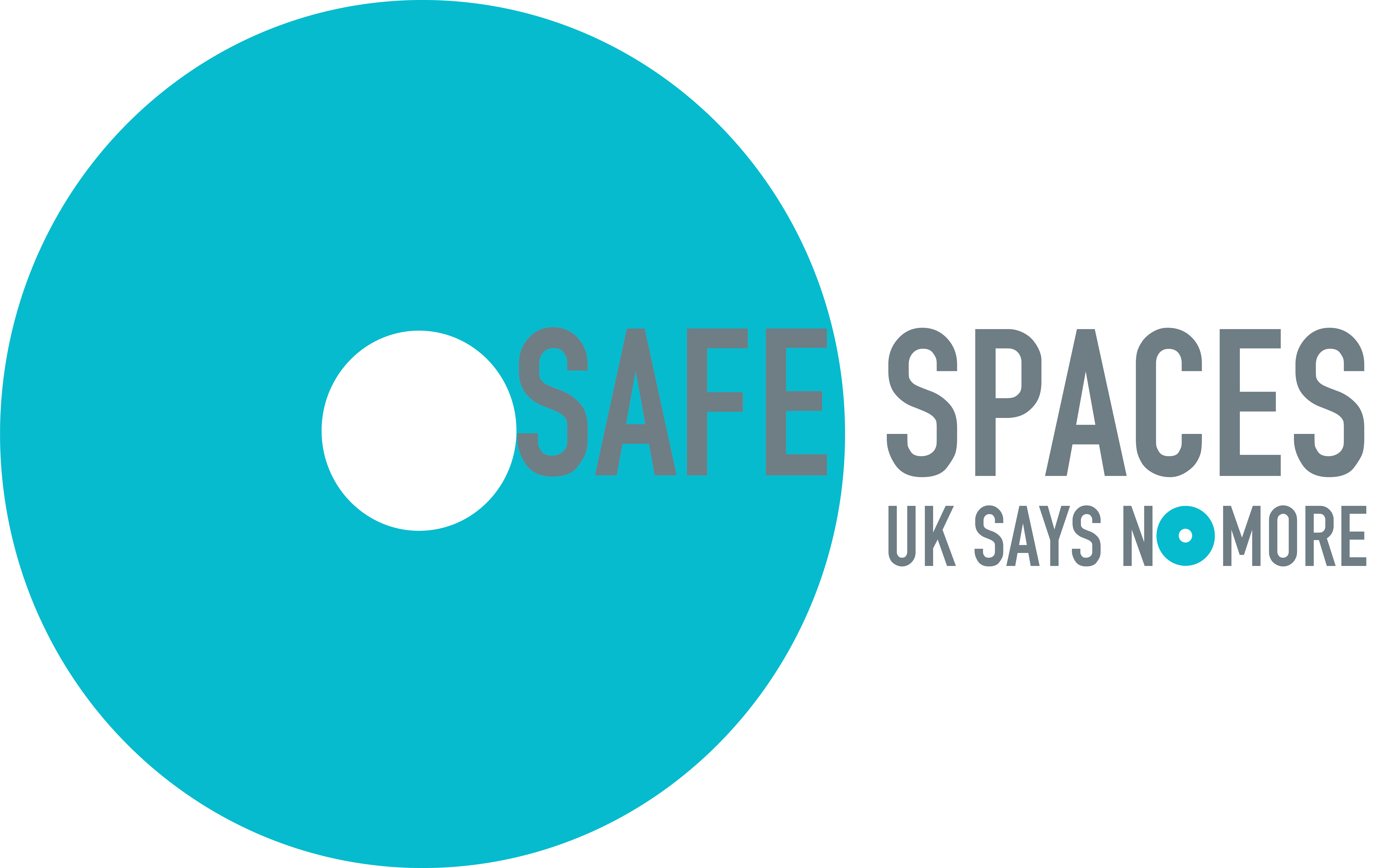Pretending is hard. Pretending takes time and energy and effort you don’t have when you are applying for a job or trying to do your job to the best of your ability and that’s when the spiral of stereotyping continues. Because people in minority groups can often experience a very real stereotype threat and as a result, they have less energy to expend on performing to the best of their abilities at work. The subsequent perception that they are not performing at their best can often be tied up with their identity and it is from that position that unhelpful and damaging stereotypes are created and perpetuated.
We know the need to create organisational environments that are receptive to diversity is greater than ever before and this starts with recognising the difficulty and importance of acknowledging our complex identities.
Here are a few things organisations can do:
Unpick the data: Don’t analyse each group in isolation, drill down and cross-reference so you can really understand the experiences of not only your female colleague, but your black, trans colleague who works a job-share, for example.
Make time for cross-fertilisation of ideas: Having distinct staff networks is really important but people are not single identities and they don’t live single issue lives – so make it easier for people to share their experiences as multi-identity professionals – that’s the only way we can learn.
Don’t let homogeneity win: I very often hear people say that they are embarking on positive initiatives ‘for our women colleagues’,’ for our black colleagues’ and whilst I see that work as vitally important still it’s about educating ourselves beyond those shared experiences, zooming out from the dominant identity and understanding the nuances of the individual experience at work.
Understand how to mitigate against your biases: Once we can all acknowledge that we have biases and that the employee experience is not equal we can move towards understanding and eventually towards effective solutions.
Revisit your values: We know that it is important that inclusion is part of the DNA of your organisation. Challenge your organisational values, are they truly inclusive and so the take into account intersectionality? Is your competency framework inclusive and are you encouraging, promoting and role modelling truly inclusive behaviours at all levels of the organisation?
Research from CultureAmp (2018) exploring intersectionality found that those from underrepresented groups experience the workplace less positively than employees in the majority group and that this disparity is compounded for employees in multiple minority groups. We need to consider how all our demographic traits intersect and highlight how our unique identities affect our experiences at work. By treating minority groups as separate we risk making individual employees feel undervalued and unheard and as a result we risk complete erasure of the issues that are most important to them.
Fundamentally, true inclusion that takes an intersectional approach will engender environments that allow people to be fully and authentically themselves at work and we know that makes organisations more effective, happier and better places to be.
Hannah Jepson




